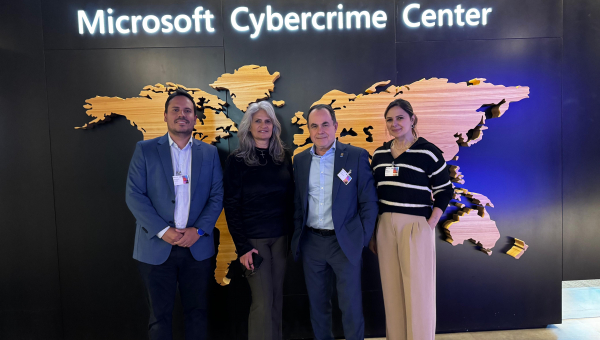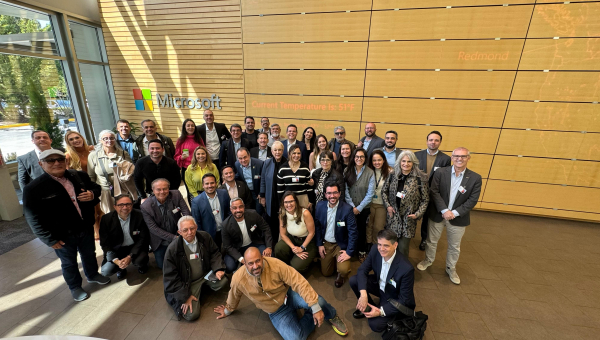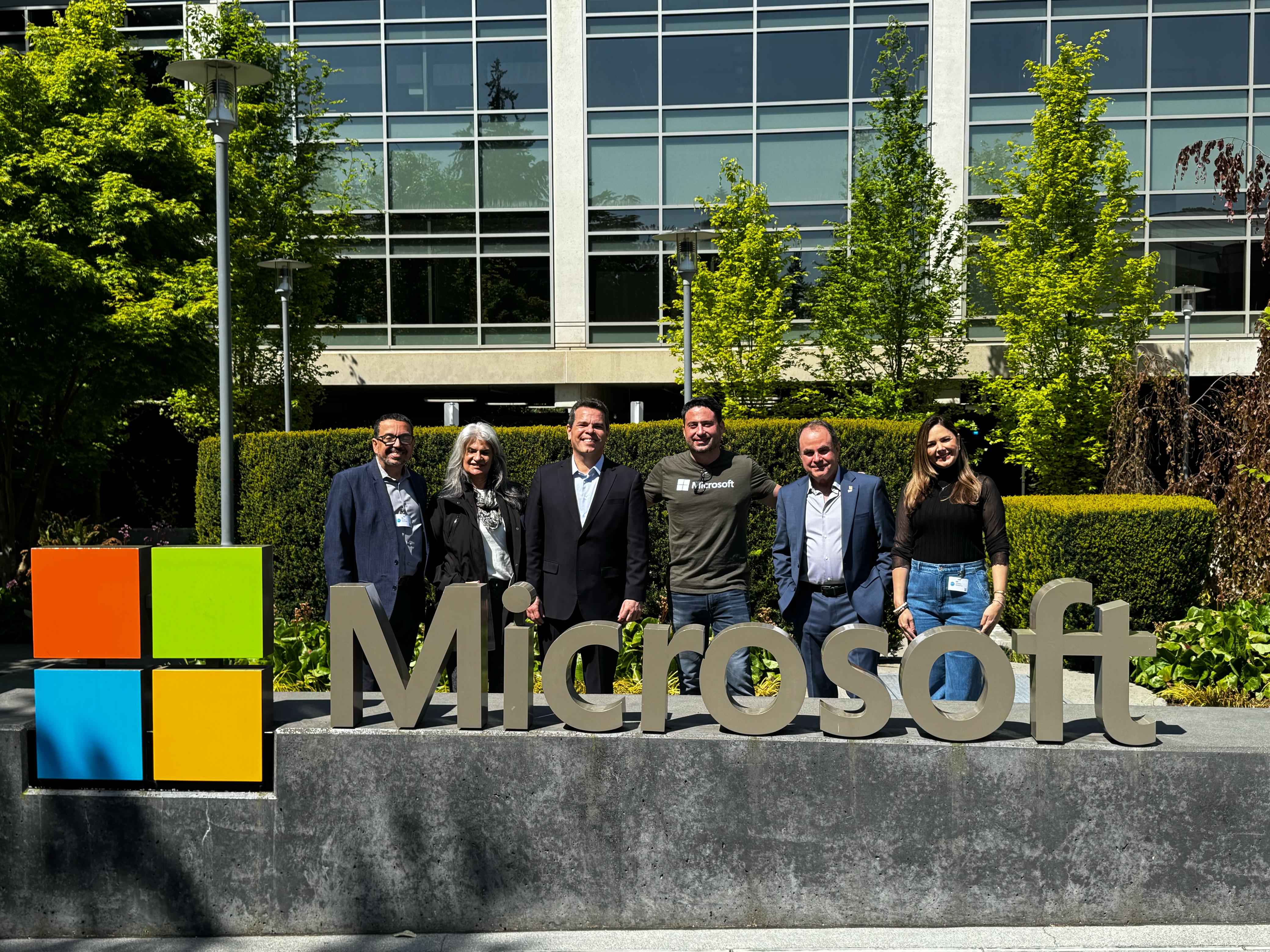
The Permanent College of Directors of State Schools of the Magistracy (Copedem) and the Superior School of the Judges of the State of Tocantins (Esmat), in partnership with Microsoft, held the EBC Brazilian Justice event between April 30th and May 2nd at the headquarters of the company in Redmond, Washington (USA). The initiative brought together thirty magistrates and civil servers from various schools in Brazil with the aim of deepening their knowledge on the use of generative artificial intelligence to transform the Justice system.
During the meeting, the visitors learned about cutting-edge technological solutions, took part in workshops on innovation with Azure AI and practical applications of Copilot in the Judiciary, as well as discussing ways of using AI ethically, safely and efficiently in the public sector.
The programming included visits to Microsoft research centers, such as the Digital Crimes Unit and the Center for Inclusion and Accessibility, and it reinforced the importance of applying Artificial Intelligence (AI) solutions across the board in public institutions.
The presentations highlighted how the adoption of AI can automate repetitive tasks, free up professionals for more strategic and creative activities, as well as increasing efficiency, the accuracy of internal processes and the quality of decision-making. By using tools that analyze large volumes of data in real time, managers can gain valuable insights that contribute to a better institutional performance and a Significant Return on Investment (ROI).
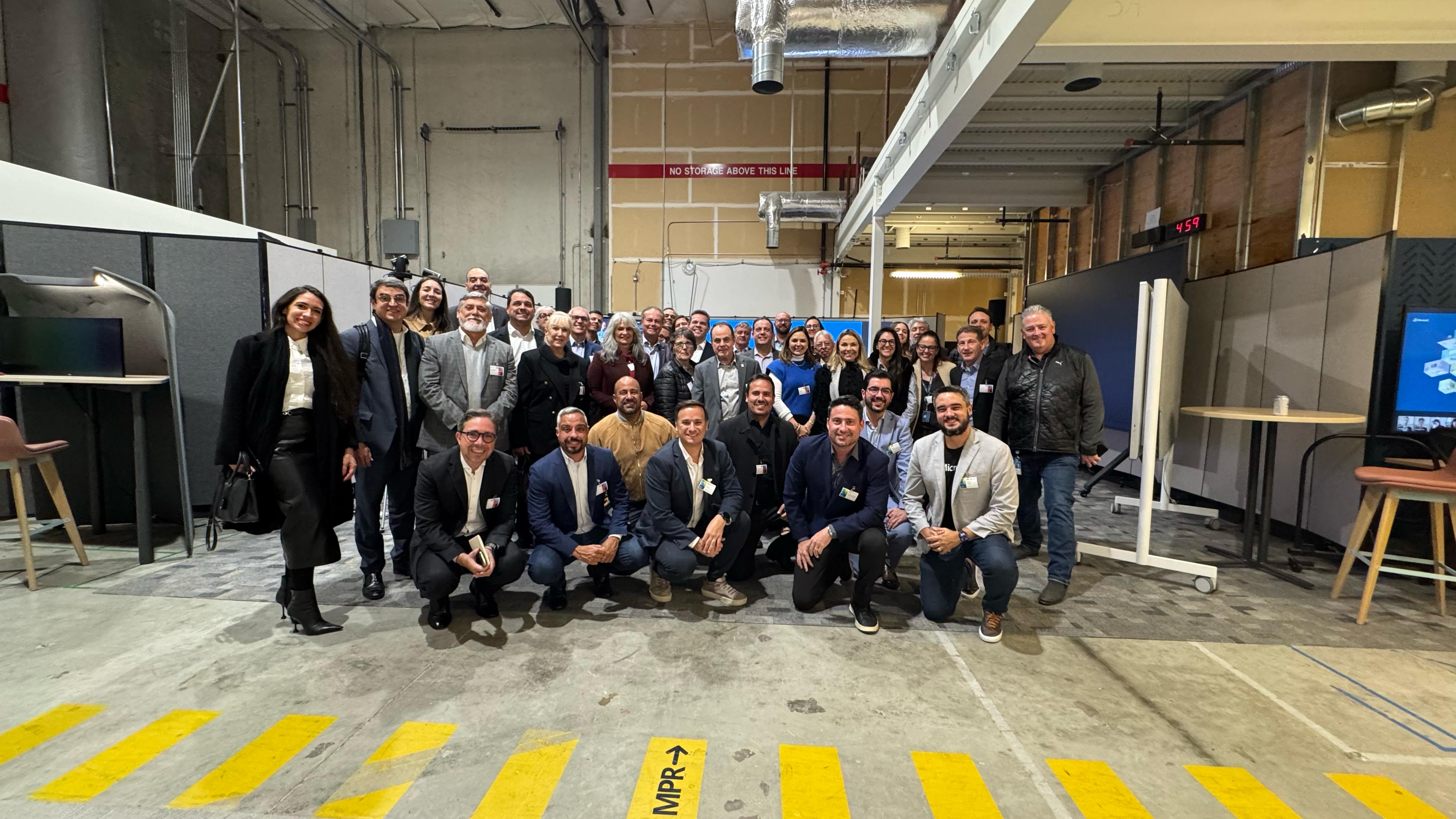 One of the highlights of the event was the presentation of the Hórus Project - a joint initiative of USP, ESMAT and COPEDEM - aimed at integrating artificial intelligence into judicial routines. The project aims to automate processes, improve data management and strengthen evidence-based judicial action. By combining technological innovation with continuing education, Hórus is positioning itself as one of the most promising tools for modernizing Brazilian Justice.
One of the highlights of the event was the presentation of the Hórus Project - a joint initiative of USP, ESMAT and COPEDEM - aimed at integrating artificial intelligence into judicial routines. The project aims to automate processes, improve data management and strengthen evidence-based judicial action. By combining technological innovation with continuing education, Hórus is positioning itself as one of the most promising tools for modernizing Brazilian Justice.
For Justice Marco Villas Boas, president of Copedem and general director of Esmat, the international experience represents a collective effort by Brazilian judicial schools to keep up to date with global technological transformations.
“Artificial intelligence is changing paradigms and it is essential that the Judiciary follows this evolution with responsibility and qualified training,” he said.




_thumbnail_thumbnail.jpeg)
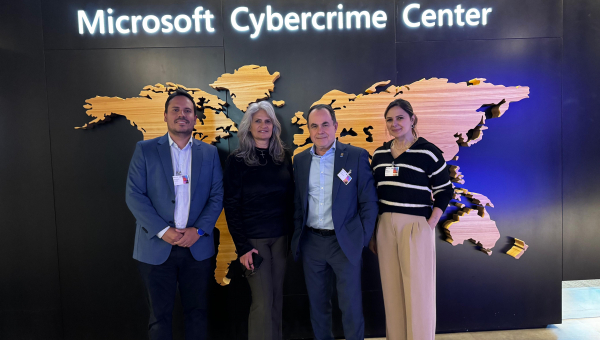
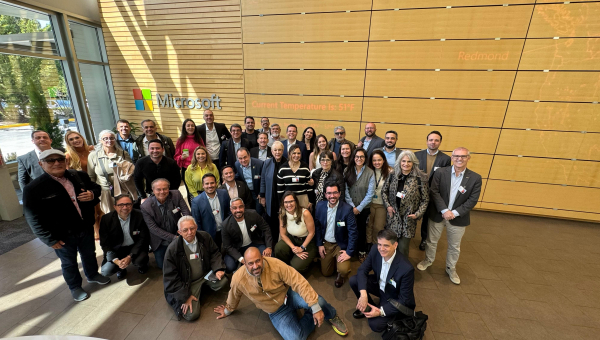
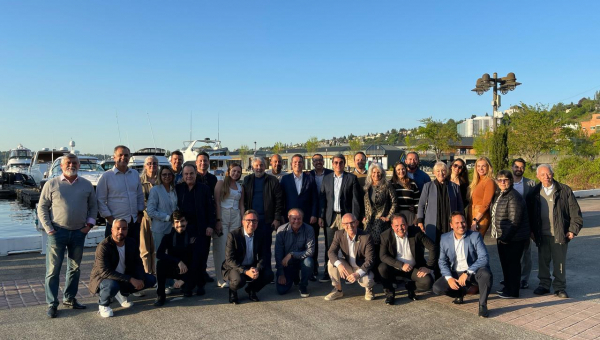
_thumbnail.jpeg)
